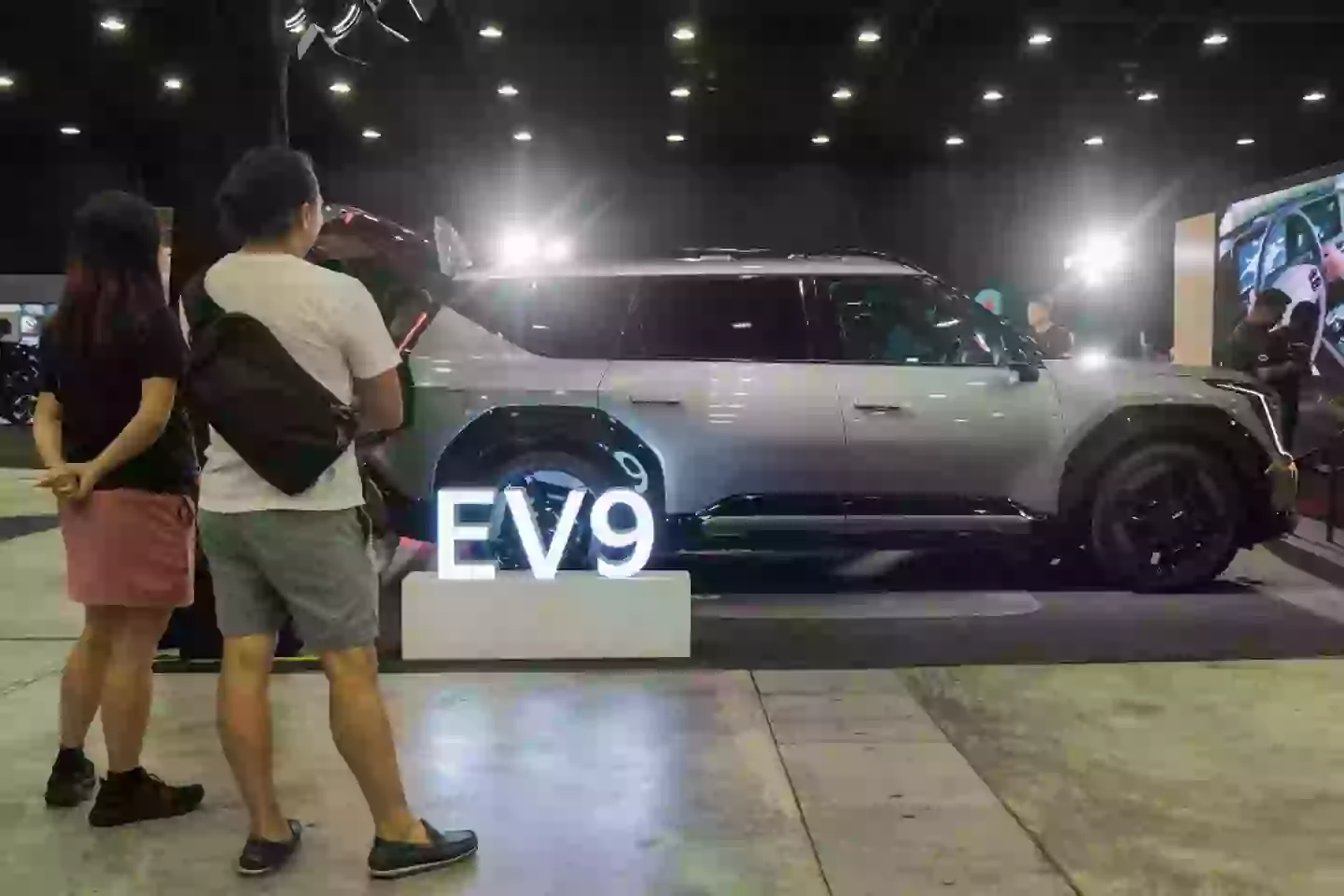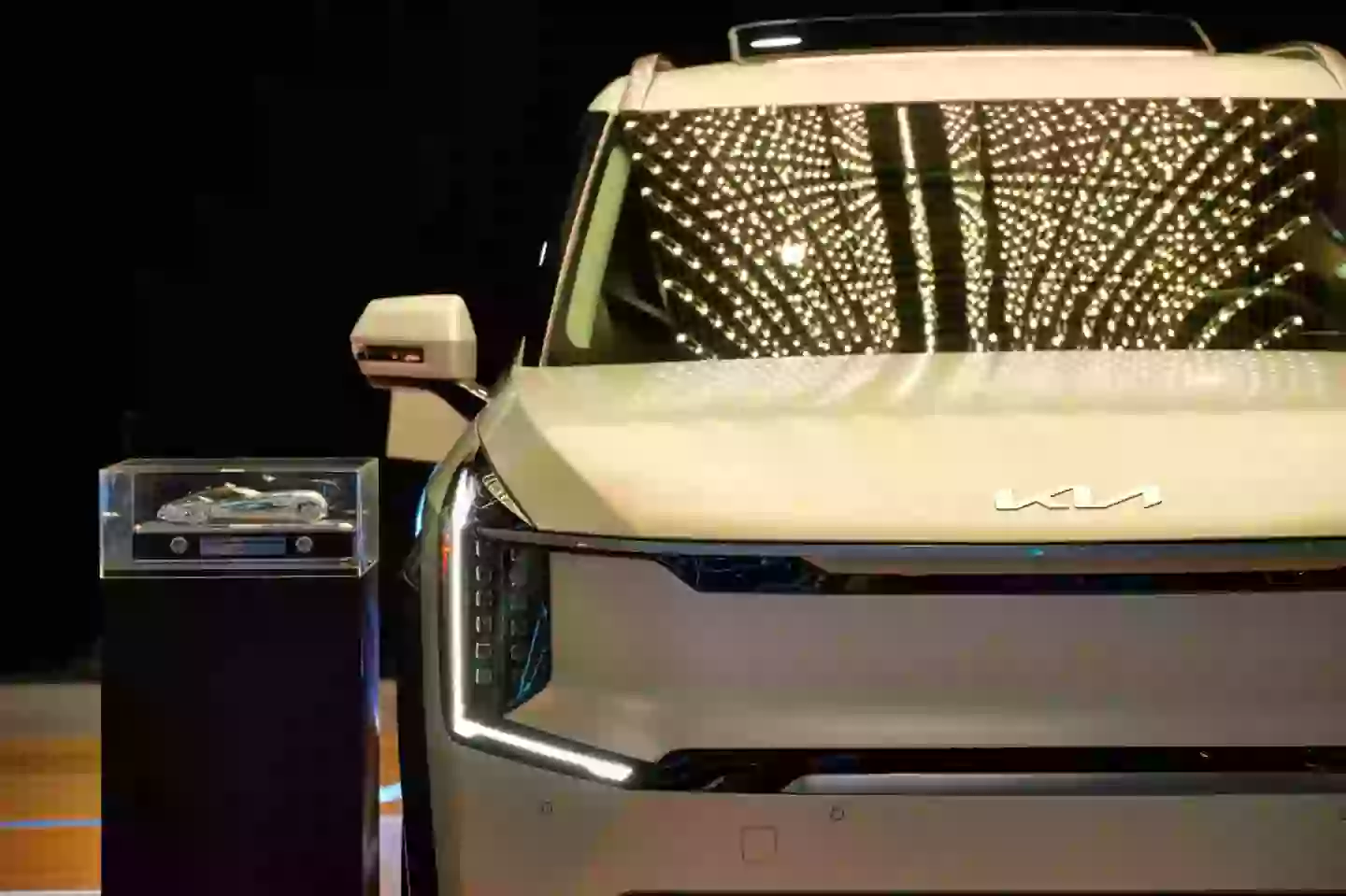
Kia owners will have to keep their eyes peeled for any incoming mail as the South Korean car maker has recalled nearly 23,000 units due to a rather unfortunate but costly manufacturing fault.
Car recalls aren't exactly an uncommon occurrence, as safety faults can and often do appear - especially as the vehicles themselves become more technologically complex as we move into the electric and smart world.
Tesla are particularly well known for their recalling measures, as just the Cybertruck has been on the receiving end of over five different recalls, with over 27,000 units summoned in the last one alone.
Advert
Kia's latest measure, however, involved their EV9 three-row electric SUV, as it's claimed that one particular worker failed to install mounting bolts for the seats in the second and/or third row.

This fault puts passengers at a far greater risk of injury as the seats are not secure - but this 'thankfully' is only an issue if passengers get into an accident, so you don't have to worry too much about it otherwise.
22,883 cars manufactured between September 25, 2023 and October 15, 2024 have been signaled for recall, and any eligible owners will be contacted by mail before January 24, 2025.
Advert
Thankfully the process should be relatively smooth for any affected customers, as all they need to do is take it to a nearby dealer, who will 'inspect and install' the mounting bolts free of charge.
This was all brought about by the National Highway Traffic Safety Administration (NHTSA), who have offered affected customers information and the appropriate routes they can take to deal with the issue.
Any EV9 owners that are unsure whether they're eligible for recall can and should get in contact with the services provided by the NHTSA but Kia themselves have reported that some customers might be able to hear the affected seats ratting or slightly loose within the car.

Advert
This also isn't the first recall that Kia has encountered within the last year, as there was a major issue affecting 208,000 vehicles including 63,000 EV6s earlier in 2024, as reported by the Independent.
That particular fault was related to a transistor in the charging control unit that could be damaged, and this would potentially lead to a complete loss of power when driving which you'd definitely want to avoid.
These circumstances are definitely a part of the rapidly growing electric vehicle industry as technology is always liable to fail, but hopefully they become less frequent - and less dangerous - over time.
